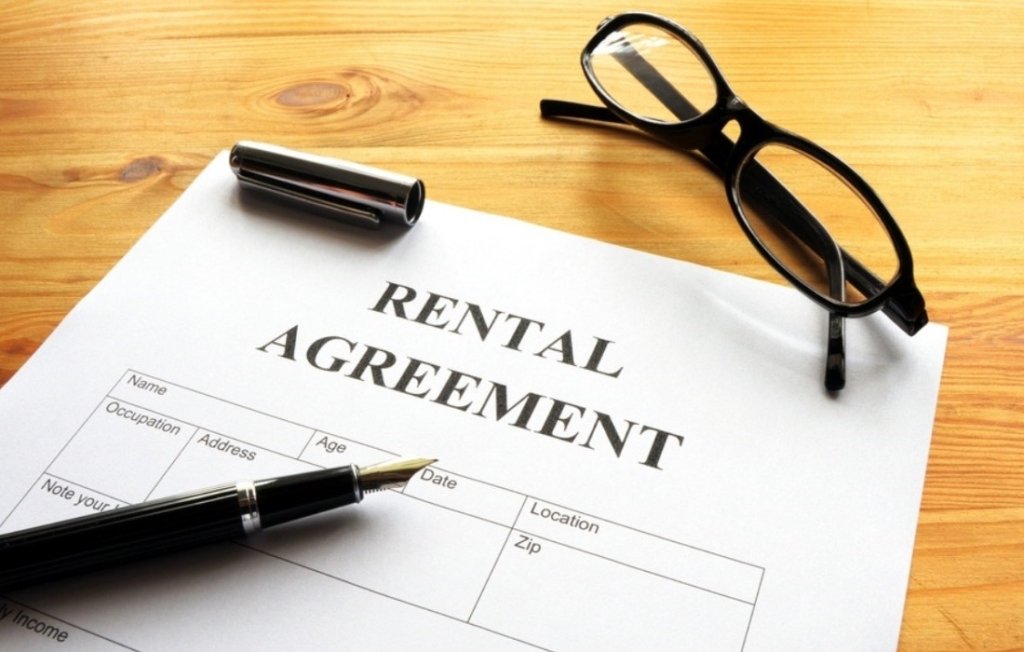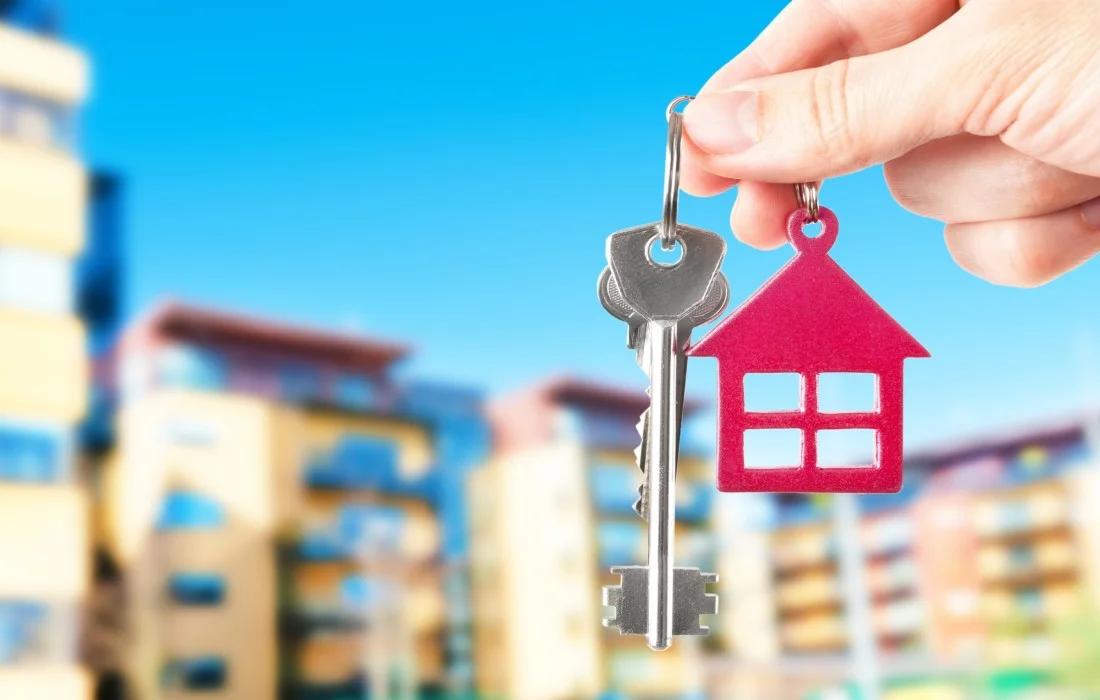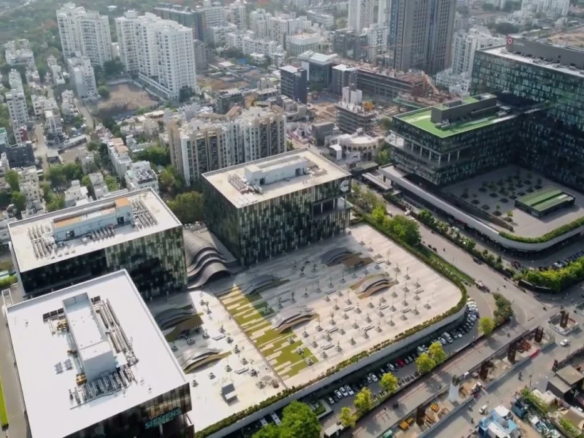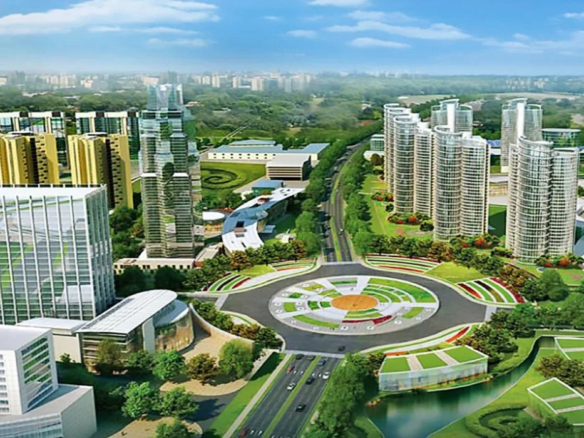Renting a home for the first time in a new city like Pune can be exciting but also overwhelming. From understanding the rental market to navigating the legalities and knowing what to look for in a property, it’s essential to be well-prepared. Here’s a comprehensive checklist to help first-time renters in Pune ensure a smooth and hassle-free renting experience.
1. Determine Your Budget
Before starting your search, it’s important to know how much you can comfortably afford to spend on rent each month. Here are a few factors to consider:
- Monthly Rent: Typically, 20-30% of your income should go toward rent.
- Security Deposit: In Pune, landlords generally ask for 2-3 months’ rent as a deposit.
- Utilities: Factor in expenses like electricity, water, gas, and internet when calculating your budget.
- Maintenance Fees: Some apartments include maintenance costs in the rent, while others may charge them separately.
2. Research the Neighborhoods
Pune offers a variety of neighborhoods, each with its own unique charm. Here are some popular areas:
- Koregaon Park: Trendy and upscale, close to IT hubs and nightlife.
- Kalyani Nagar: A modern, well-connected area, popular with professionals.
- Baner/Balewadi: Fast-developing, with plenty of new residential options.
- Hinjewadi: Close to major IT parks, ideal for tech professionals.
- Wakad: Affordable, well-connected to IT hubs.
Choose a neighborhood based on your priorities—proximity to work, public transport, schools, and lifestyle preferences.
3. Inspect the Property Thoroughly
When you find a property you like, inspect it carefully before making a decision. Here’s what to look out for:
- Condition of the Property: Check for any visible damage, such as cracks in walls, leaks, or broken fixtures.
- Water Supply and Pressure: Ensure that there is a regular supply of water and that the water pressure in bathrooms and kitchens is adequate.
- Power Backup: Inquire about power backup options in case of electricity outages, especially in areas prone to load shedding.
- Ventilation and Natural Light: Good ventilation and plenty of natural light are essential for a comfortable living environment.
- Pest Control: Ensure the property is free of pests such as rodents, cockroaches, and mosquitoes.
4. Understand the Lease Agreement
Before signing any document, make sure you understand the terms of the lease agreement. Pay attention to the following details:
- Lease Duration: Most rental agreements are for 11 months, but confirm the duration and renewal terms.
- Rent Escalation Clause: Check if there is a clause allowing the landlord to increase rent during or after the lease period.
- Security Deposit Return: Understand the conditions under which the security deposit will be returned and what deductions may apply (for damages, maintenance, etc.).
- Notice Period: Know the notice period required before vacating the property—typically one to two months in Pune.
- Maintenance and Repairs: Clarify who is responsible for maintenance and repairs during your stay—the landlord or tenant.
5. Verify the Landlord and Property Ownership
It’s important to ensure that the landlord has the legal right to rent out the property. Ask for:
- Ownership Documents: Verify the landlord’s ownership by checking property documents, such as a sale deed or property tax receipt.
- Government ID: Request a copy of the landlord’s government ID to ensure credibility.
- Society NOC (No Objection Certificate): If the property is in a housing society, check if a NOC from the society is needed to rent the flat.
6. Negotiate Rent and Other Terms
Don’t hesitate to negotiate the rent, especially if you’re looking at long-term tenancy. You can also try to negotiate on:
- Security Deposit: In some cases, landlords may agree to lower the deposit.
- Rent-Free Period: Some landlords offer a rent-free period for tenants to move in or settle before starting the monthly rent cycle.
- Maintenance Costs: If maintenance fees are high, you can discuss sharing these costs with the landlord.
7. Register the Rent Agreement
In Pune, it is mandatory to register the rental agreement to make it legally binding. This also helps protect both parties in case of disputes. Here’s how to proceed:
- Stamp Duty and Registration Fee: The tenant and landlord usually share the stamp duty and registration fee, which is typically 0.25% of the total rent for the lease period.
- e-Registration: Pune offers e-registration of rental agreements, which can be done online to simplify the process.
- Important Clauses: Ensure that important clauses like rent amount, security deposit, notice period, and maintenance responsibilities are clearly stated.

8. Be Aware of Additional Costs
In addition to rent, be prepared for extra costs, such as:
- Brokerage Fees: If you use a broker to find a rental, expect to pay a fee equivalent to one month’s rent.
- Parking Charges: Some societies or buildings charge an additional fee for parking spaces.
- Society Maintenance: If you’re renting an apartment in a housing society, you may be responsible for monthly maintenance fees, which cover the upkeep of common areas and amenities.
9. Check for Essential Amenities and Services
Ensure the property has essential amenities for comfortable living:
- Water Supply: Reliable, uninterrupted water supply is crucial. Some areas may face water shortages, so check for alternative arrangements like water tankers.
- Internet and Cable: Confirm the availability of high-speed internet, especially if you work from home. Many societies have cable and broadband services set up.
- Public Transport and Connectivity: Proximity to bus stops, metro stations, and major roads can make commuting easier.
10. Understand Your Rights and Responsibilities
As a tenant, it’s important to be aware of your rights and responsibilities:
- Right to a Habitable Home: The landlord is responsible for ensuring the property is safe and habitable.
- Right to Privacy: The landlord cannot enter the rented premises without prior notice, except in emergencies.
- Responsibility to Pay Rent on Time: Timely payment of rent is crucial to maintaining a good relationship with your landlord.
- Responsibility for Minor Repairs: While the landlord handles major repairs, tenants are typically responsible for minor repairs and maintenance during their stay.
Conclusion
Renting a home for the first time in Pune doesn’t have to be daunting. By following this checklist, you’ll be better prepared to make informed decisions and find the perfect rental property that fits your needs. Whether it’s understanding the lease agreement or inspecting the property for essentials, staying informed will help ensure a smooth renting experience.





Join The Discussion